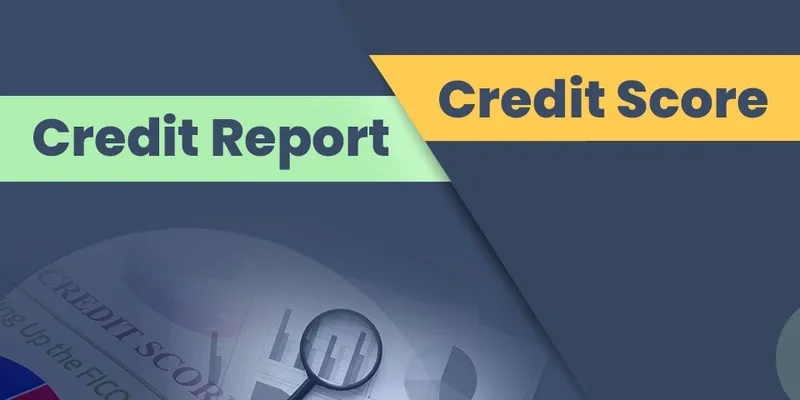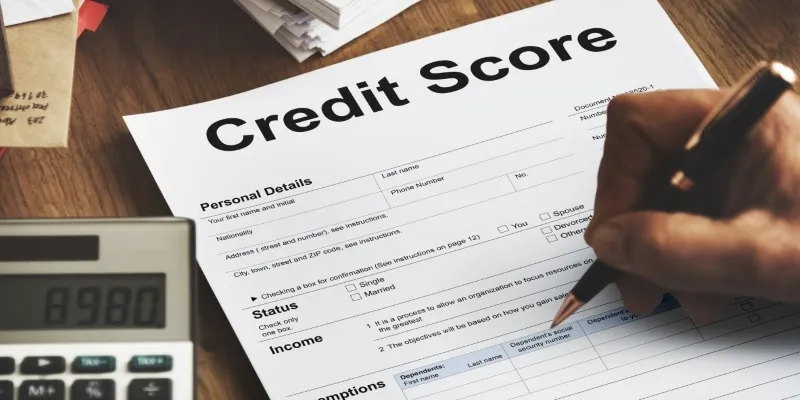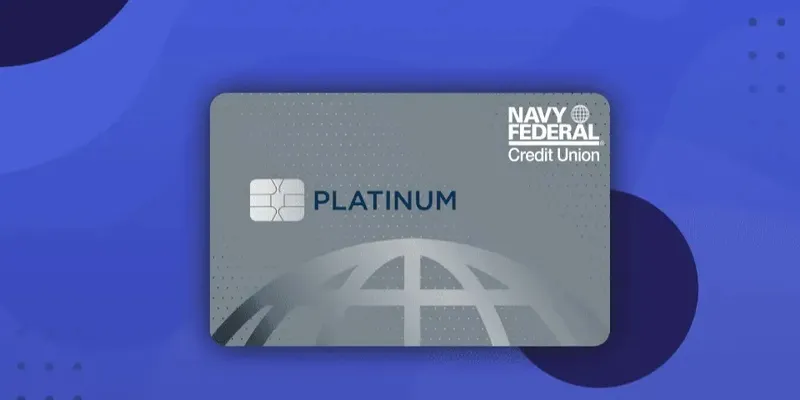Who Can Access Your Credit Report or Score - Comprehensive Guide
Understanding who can access your credit report and why is crucial for protecting your financial privacy. This article explores the various entities that have permission to view your credit report or score, discussing their reasons for needing this data and how it impacts you. We will also examine when these entities are allowed to obtain your financial details and their effects on your privacy and financial well-being.
1. Banks and Financial Institutions
Banks and financial institutions review your credit report when you apply for a new account or credit, such as loans and credit cards. They use your financial history to assess your creditworthiness and ability to manage debt.
For example, when you open a checking or savings account, the bank might check your credit history to understand your risk of overdrafts or defaults. Overdraft protection, which may be linked to a line of credit, often requires a similar review.
2. Creditors
Credit card issuers, auto loan providers, and mortgage lenders review your credit report and score to evaluate your debt repayment ability. They assess your financial behavior to determine your loan eligibility and interest rates.

A high credit score may result in better repayment terms. Creditors also use this information to set credit limits and lending terms. Be aware that multiple hard inquiries within a short period can slightly impact your score.
3. Student Loan Providers
Student loan providers, whether government or private, may review your credit history to determine loan eligibility. For federal PLUS loans or if you have previously defaulted on federal loans, lenders may check your credit status. Private lenders typically examine your financial health before lending.
Factors such as income and employment history contribute to their decision- making process, alongside evaluating your creditworthiness. Understanding this can help students and families secure favorable loan terms and lower interest rates.
4. Utility Companies
When setting up utility services or mobile phone plans, companies may check your credit report to assess your ability to pay dues. This is more common for customers with a poor credit history or those using services for the first time.
Although some states limit utilities from denying service due to bad credit, they might still require a deposit as security against potential risk. This deposit is often refundable after a specific period of regular payments, subject to state regulations.
5. Insurance Companies
Insurance companies often review your credit report to estimate risk. They evaluate your financial history to predict the likelihood of filing claims, with poor credit scores typically indicating higher risks.
This score affects premium prices, meaning individuals with good credit may receive lower rates. It’s important to note that some states impose restrictions on using credit scores for insurance purposes, and regulations vary by location.
6. Landlords
Landlords may request your credit report when considering you as a tenant. This data helps them evaluate your ability to pay rent on time. A good credit history could lead to better lease terms or reduced security deposits.
Conversely, poor credit might require a co-signer or shorter lease terms to mitigate risks. Some states have laws limiting the use of credit reports for rental decisions.
7. Employers
Employers usually cannot access your credit score directly but may request permission to view your credit report for roles involving financial responsibility or security clearance.
In some states, these requests are regulated and require a valid reason and your written consent. Employers may use this data to assess your reliability and responsibility. Understanding your privacy rights is crucial, especially if a request is made without proper authorization.
8. Collection Agencies
Debt collection agencies can review your credit report if they have a legitimate business reason, such as locating you to recover a debt or evaluating your financial condition.

Details in your credit history help collectors tailor their approach, possibly negotiating a lower payoff amount or setting up a payment plan. To protect your credit score and financial health, it’s essential to know your rights when dealing with debt collectors.
9. Government Agencies
Government agencies can access your credit report for valid business purposes, such as verifying income for public assistance programs or determining eligibility for government-backed loans.
These agencies may review your credit to confirm you meet specific economic criteria, like income thresholds, for assistance programs. Understanding the scope of these inquiries is crucial, as they can impact your credit and service eligibility.
10. Any Entity with a Court Order
A court order or subpoena can override the usual requirement for a legitimate business purpose to access your credit report. However, such orders are rare and typically occur in cases of severe financial issues or fraud investigations.
Obtaining these orders requires substantial justification. It’s important to know that not anyone can access your credit report; legal procedures ensure privacy protection.
Conclusion
Knowing who can access your credit report and their reasons is vital for safeguarding your financial privacy. Many entities may request access, but they generally need a legitimate business purpose to do so. Being aware of your rights and the laws governing credit report access can help you maintain better financial health and prevent misuse of your credit information.








